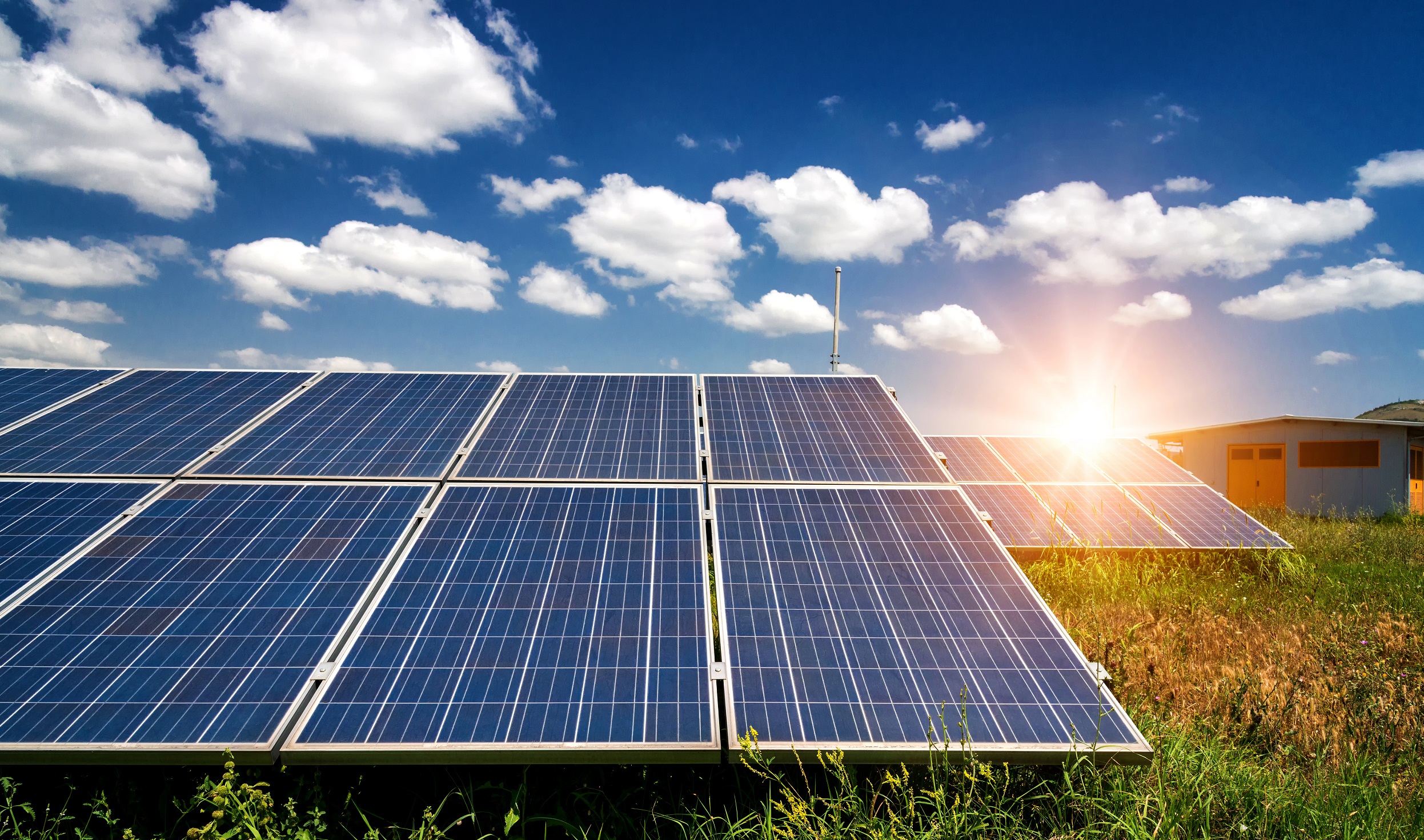Some reforms are understandably sensitive and politically difficult, others should not be. Energy transformation is exactly that: common sense and long over-due. All over Europe and the rest of the world, the push to use clean, sustainable and renewable energy is accelerating. Russia’s illegal invasion of Ukraine has only deepened our determination. Rising energy prices are being felt across Europe and in BiH. At the same time, the price of renewable energy has become cheaper than that of energy generated through burning of coal, oil or gas.
There is no doubt that Bosnia and Herzegovina needs to start decarbonizing – to become less dependent on coal and gas. The reasons to do so are plenty and should convince any skeptics: energy transition will provide affordable and secure energy, help fight climate change, ensure clear air, and boost BiH’s economic competitiveness in a rapidly changing world.
Some examples to make this concrete. In BiH, it takes about four times more energy to produce one euro of GDP compared to the average in the European Union. Recent studies show that emissions resulting from dirty and old-fashioned coal power plants in the Western Balkans are causing 12,000 premature deaths. Also, at the moment, the electricity companies in BiH can only keep consumer prices down because energy export is still profitable and the collateral environmental and health costs of burning coal is not factored into the price. This will change soon once the EU starts charging for the climate impact of any products that it imports. This will make any new coal-based power generation project (most importantly Tuzla 7) immediately obsolete and its huge cost can never be recovered.
Doing nothing will not only mean standstill. The rest of Europe will keep moving forward. Doing nothing will mean moving backwards.
Let me be clear. The challenge is enormous but so is the potential. We often speak about Bosnia and Herzegovina’s untapped potential. This is true in so many ways, but it certainly applies to energy transition. Bosnia and Herzegovina’s geography and natural resources means it could run completely on renewable energy generated from sun, water and wind. Better yet, it could continue to be a net exporter of clean energy. This is a concrete vision that all actors could unite around.
To make it happen, we need a sense of urgency and the political will to unlock this potential and the technical assistance and investments to make it happen. The international community is ready to offer technical assistance, multi-millions in grants and cheap loans. The EU alone has put on the table €9 billion in grants and a possible further €20 billion from private sector investments to support the Green Agenda in the Western Balkans, among other priorities. But we cannot make up for the lack of will to enable this transition, including with much needed new laws and strategies.
I recognize that decarbonization will start affecting the mining sector – an important element of local economies in parts of BiH. But we are also ready to help authorities in the transitioning of workers into new jobs and provide other forms of support. There are many lessons learnt from European countries like Poland and Slovakia that have been going through the transition themselves.
What is needed in the short term? The FBiH authorities should follow the example of the RS and Brcko District and adopt the necessary legislation. A Law on Energy and a Law on Electricity have been prepared and can be adopted quickly. At the State level, authorities need to adopt the Electricity and Gas Law, and adopt the National Energy and Climate Plan. Concrete steps, leading to concrete results that would also allow BiH to meet its commitments made in the Paris Agreement on Climate Change, Sofia Declaration on the Green Agenda and the Energy Community Treaty.
They are also important steps in terms of European integration. The European Union remains committed to assist BiH’s economic transition and to help prepare it for membership of the European Union.
Tomorrow, I will be attending the Energy Summit in Neum, which will be a chance to discuss how Bosnia and Herzegovina can transition from being a country where toxic air from coal plants kills thousands prematurely, to a state taking full advantage of cheap, available, renewable energy. The direction is obvious. The EU will support BiH on the challenging road ahead.
Blog by the Head of the Delegation of the EU to BiH and the EU Special Representative in BiH, Ambassador Johann Sattler

